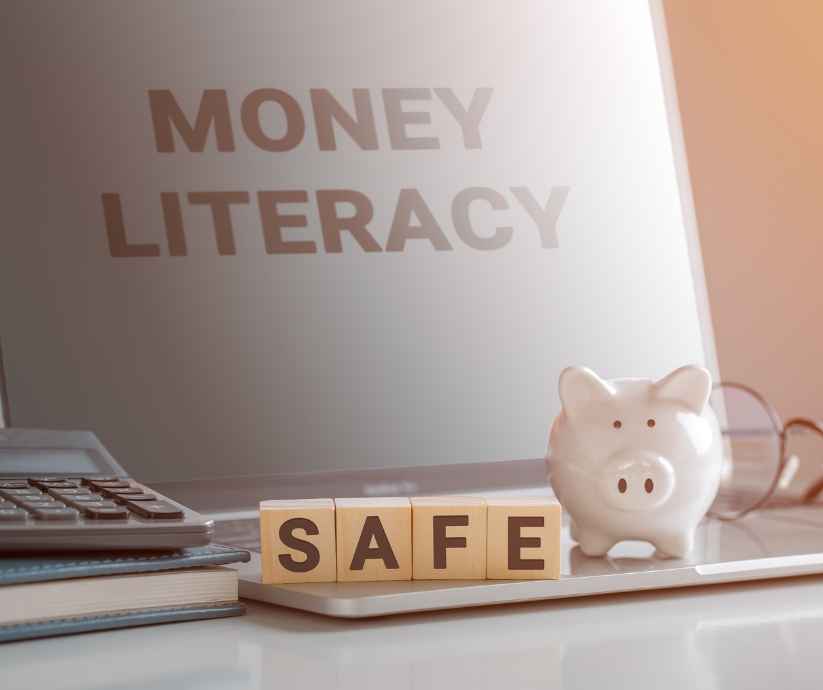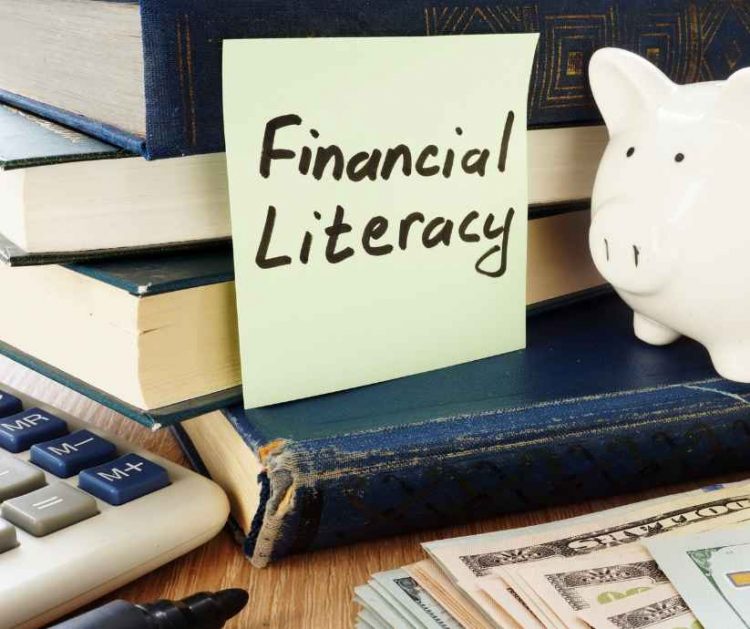In today’s complex and ever-changing world, financial literacy has become a vital skill that empowers individuals to make informed decisions about their money, investments, and overall financial well-being. With the rapid growth of the global economy and the increasing complexity of financial products and services, having a solid understanding of personal finance has never been more important. We will explore the significance of literacy and education, highlighting its benefits and emphasizing the need for widespread awareness and action.
This refers to the ability to understand and use various financial skills, including personal budgeting, saving, investing, and managing debt. It equips individuals with the knowledge and confidence to navigate the financial landscape effectively. By improving financial literacy, individuals gain the necessary skills to make sound financial decisions that align with their goals and aspirations.

One of the primary advantages of literacy is its potential to break the cycle of debt and alleviate financial stress. When individuals have a deeper understanding of concepts such as interest rates, credit scores, and debt management, they can make informed choices about borrowing and spending. By promoting responsible financial behaviour, financial education empowers individuals to avoid excessive debt, manage credit effectively, and build a strong financial foundation.
This is crucial in helping individuals build and preserve wealth over time. By learning about investment strategies, risk management, and the power of compound interest, individuals can make informed decisions about growing their assets and achieving their long-term financial goals. Financial education provides the tools and knowledge necessary to make wise investment choices and develop a diversified portfolio.
In an increasingly complex financial marketplace, consumers face numerous choices regarding banking, insurance, mortgages, and other financial products. Financial literacy enables individuals to evaluate different options, understand the fine print, and avoid predatory practices or scams. By empowering consumers with knowledge, financial education enhances consumer protection and promotes responsible decision-making.

This plays a crucial role in bridging the socioeconomic gap and promoting equality. People from disadvantaged backgrounds often lack access to financial education and resources, leading to limited opportunities for upward mobility. By providing comprehensive financial education in schools, community centres, and workplaces, we can empower individuals from all walks of life to make informed financial decisions, break free from poverty, and pursue economic success.
This is not only beneficial on an individual level but also for society as a whole. Entrepreneurs and small business owners who possess strong financial literacy skills are better equipped to manage their finances, secure funding, and grow their ventures. By promoting entrepreneurship, financial education fosters innovation, job creation, and overall economic growth.

Financial literacy and education are vital for personal and societal well-being in today’s complex economic landscape. By providing individuals with the knowledge and skills necessary to make informed financial decisions, we can break the cycle of debt, build wealth, enhance consumer protection, bridge socioeconomic gaps, and promote economic growth. It is imperative that governments, educational institutions, employers, and community organizations collaborate to make financial literacy education accessible and widespread. By investing in financial education today, we can empower individuals to build a stronger and more prosperous future for themselves and generations to come.
